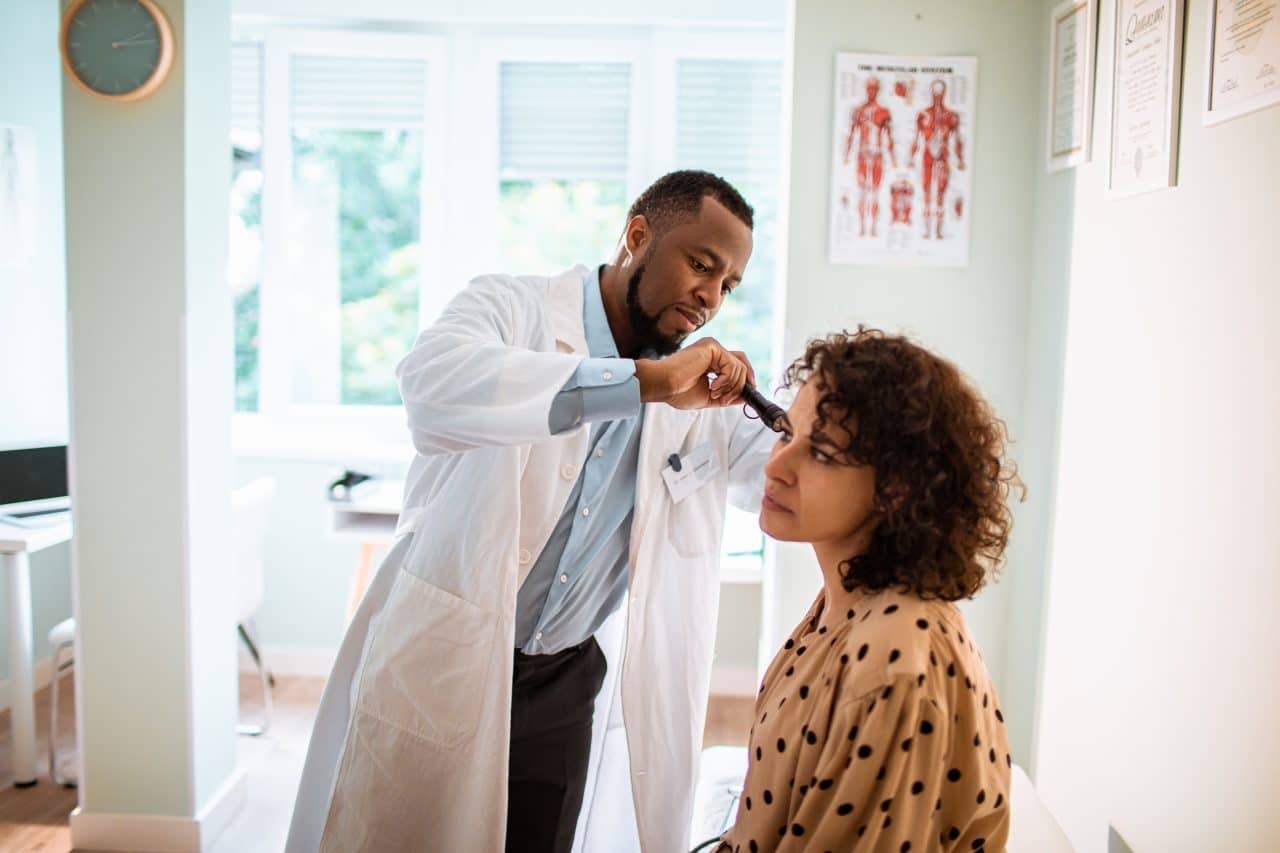Rheumatoid arthritis (RA) is an autoimmune disease and chronic inflammatory disorder that can cause tenderness, swelling, joint stiffness, fatigue, fever and loss of appetite. RA can affect your ability to enjoy your favorite activities, like attending concerts at The Wilma. It has also been linked with hearing loss.
Below we review surprising statistics about RA and hearing loss as well as how RA and its treatments are linked to both sensorineural and conductive hearing loss.
Statistics About RA & Hearing Loss

A 2016 review found that the rate of people with RA who also have sensorineural hearing loss ranges between 25% and 72%.
A 2001 study established that 60% of participants with RA had sensorineural in both ears, compared to just 34.29% of participants without RA.
How RA & Treatments Are Linked to Hearing Loss
In order to understand the link, it’s important to know what sensorineural and conductive hearing loss are. Sensorineural hearing loss is caused by damage to the inner ear, affecting the ability to convert soundwaves into electrical energy that the brain interprets as sound. Conductive hearing loss is caused by damage to the outer or middle ear that prevents soundwaves from passing through.
RA
RA causes the body to attack healthy tissue, which can include tissues and nerves within the ears. This can cause sensorineural hearing loss.
Rheumatoid nodules can also be formed. These are firm lumps that develop under the skin. If they develop in the ears, it can cause conductive hearing loss.
Treatments
Over-the-counter pain relievers that are used to treat RA, like ibuprofen and acetaminophen, have been shown to be ototoxic with regular use. This means they can damage the auditory system. Experts theorize this is because these drugs reduce blood flow to the ears, depriving the cells that convert soundwaves into electrical impulses of oxygen.
Antibiotics taken by people with RA on immunosuppressants, like streptomycin and neomycin, can also be ototoxic. For more information about the link between RA and hearing loss or to schedule an appointment with a hearing expert, call Western Montana Hearing & Speech today.